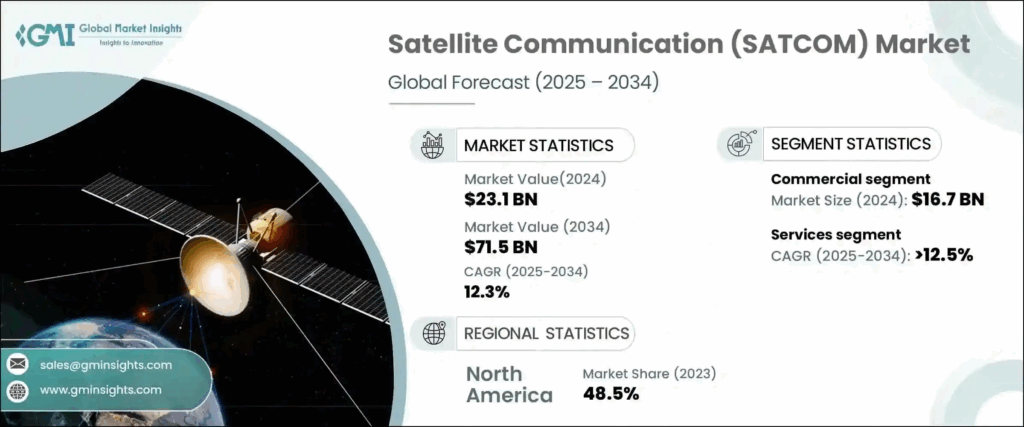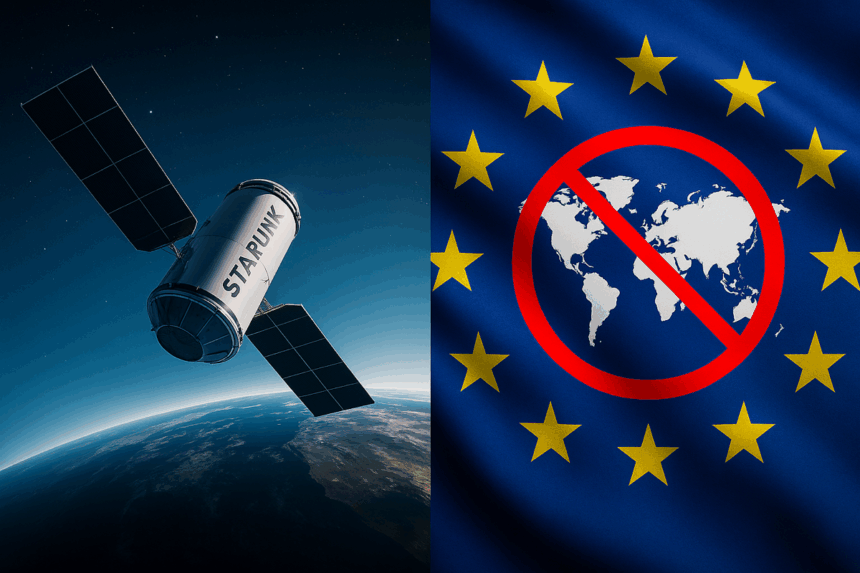Satellites are hot business… meaning someone’s fighting. This time, the fight centers on AST SpaceMobile and a new green light from the European Commission for its partnership with Vodafone. The deal covers space-based mobile service across Europe. It promises direct-to-phone coverage for millions of customers. Yet the moment the approval went public, SpaceX objected loudly.
SpaceX told regulators the agreement creates a “foreign-controlled” threat in European skies. It argues that approval gives AST an unfair path into spectrum and orbital priority. The claim opened a controversy. It examines how Europe builds satellite service in a market owned by Starlink, OneWeb, Kuiper, and a wave of direct-to-device players.
The quarrel is playing out publicly. It notes a crowded low-Earth orbit field where governments, carriers, and satellite firms vie for the next generation of mobility coverage.
What’s Happening & Why This Matters
AST’s New EU Approval
The European Commission signed off on AST SpaceMobile’s request to operate satellite-based mobile connectivity across the EU; Vodafone is the European anchor partner. The license opens the door to direct-to-phone service that works without special antennas. The standard uses satellites with massive arrays that beam 4G and 5G signals straight to everyday phones.
AST calls the plan a “shared vision for space-based mobile access.” It tells regulators the network “brings reliable mobile reach to rural regions, coastlines, and remote locations.”
Europe positions this technology as a boost for digital coverage. It follows that member states are looking for ways to fill connectivity gaps with non-terrestrial networks.

SpaceX Fights Back
SpaceX filed a complaint that argues AST’s structure includes “foreign control from outside the EU.” It says the Commission should pause the approval until ownership, voting rights, and operational authority are clearer. The private space operator points to its own Starlink licenses in Europe. Its filings argue that rules must apply evenly as the region sets new expectations for satellite-based mobile access.
Regulators in Brussels say they stand by their review. They note the approval process includes security checks, operational audits, and coordination with national spectrum authorities.

Reactions
Carriers across the US and Europe are observing. AT&T, T-Mobile, and Verizon are all building pathways to satellite-based mobile connectivity. The mobile carriers see Europe as a barometer for how markets might treat direct-to-phone services.
A telecom analyst in London calls the EU decision “a tipping point for satellite-assisted coverage.” He added that “every major carrier now sees space as part of its network plan.”
SpaceX already offers Starlink’s direct-to-device tests. It’s partnered with U.S. carrier, T-Mobile, for text-based service. Plans for voice and data testing are expected later this year.

TF Summary: What’s Next
The pressure increases. The EU’s approval gives AST and Vodafone momentum. SpaceX pushes regulators to revisit the process. More filings are expected. The outcome reshapes how Europe defines control, security, and competition in low-Earth orbit.
MY FORECAST: Europe keeps the approval in place. Starlink answers with faster rollout of direct-to-device features. AST pushes for more carrier agreements. The satellite race expands as governments treat space access as a strategic tool for national networks.
— Text-to-Speech (TTS) provided by gspeech


